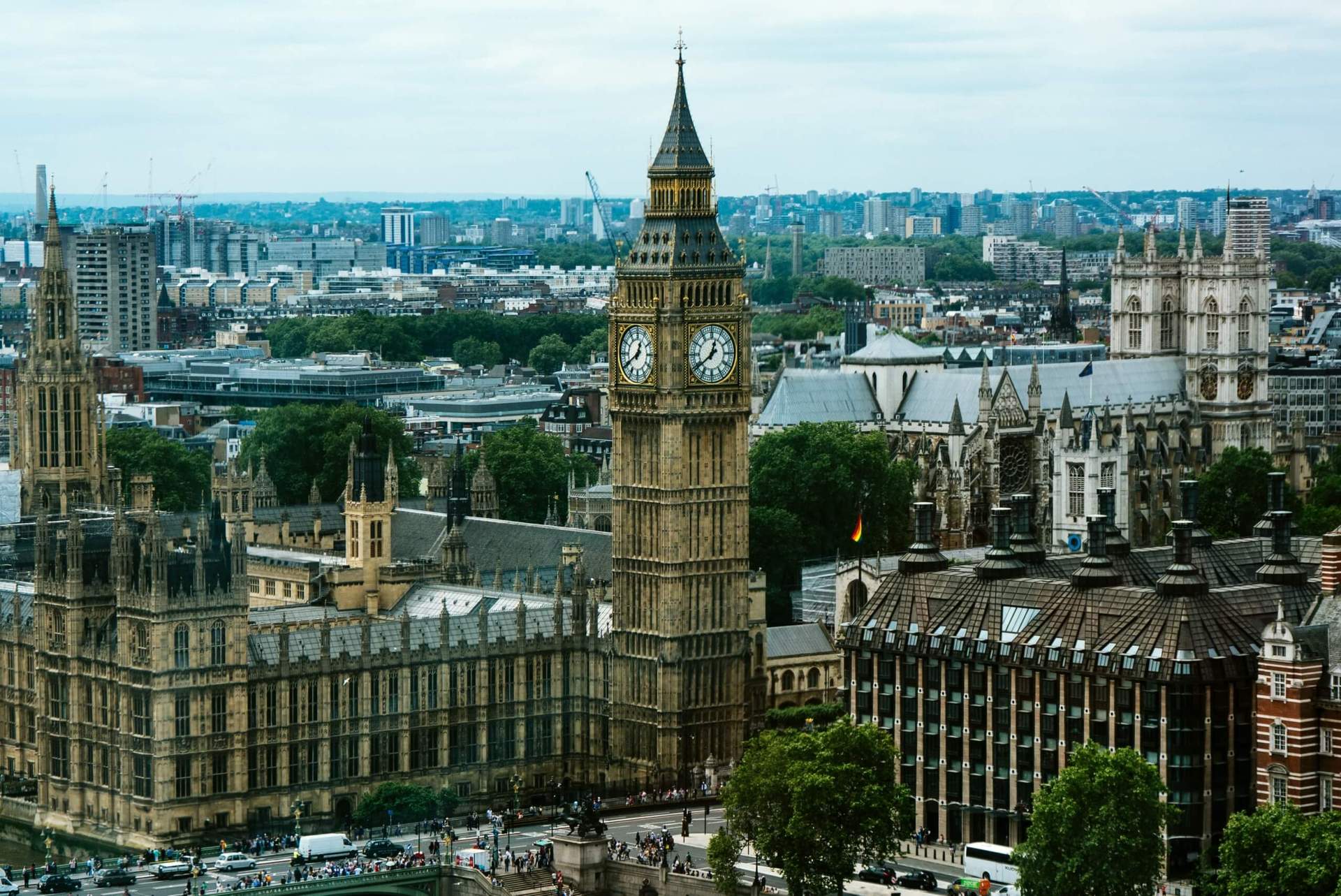On 23rd September 2022, the Chancellor Kwasi Kwarteng revealed the government’s plan to dramatically decrease inflation and the “biggest package in generations” of tax cuts designed to kickstart growth. Coined as the “mini-budget” for 2022, this plan outlined economic growth as their main priority and will have an impact on small business owners especially. Read on to find out the main highlights and what it means for you.
Mini-budget 2022 Highlights
National Insurance (NI) Rate Increase Reversed
Back in April of this year, NI rates increased by 1.25% and were planned to be replaced after a year with a Health and Social Care Tax. This will now be reversed from the 6th November and the Health and Social Care Tax will not be put into place.
Class 2 NI for the self-employed was not affected by this increase, so will remain the same with no changes. Other NI rates will revert back to:
- Class 1 Employee’s NI (for most employees): 12%
- Class 1 Employer’s NI: 13.8%
- Class 4 NI for the self-employed: 9%
Those who pay NI monthly will see these changes on their first payslip after 6th November. Those who pay NI annually will pay revised annual rates of NI that will be announced in the future.
Income Tax Rate Increase Reversed
Also back in April of this year, the rate of income tax charged on dividend income was increased by 1.25%. This will be reversed from April 2023 and dividends will be taxed at 7.5% and 32.5% for basic-rate and higher-rate taxpayers once again.
The basic rate of income tax was another increase we saw, however will also be cut from 20% to 19% from April 2023. Finally, the 45% additional rate income tax band for individuals earning more than £150,000 will be completely removed from April 2023. The 40% higher rate income tax band for individuals earning more than £50,271 will continue.
Corporation Tax Increase Cancelled
In order to have the lowest rate of corporation tax in the G20 and to appear more attractive to businesses that may look to set up elsewhere, the planned corporation tax increase has been cancelled.
Originally planning to increase from 19% to 25% in April 2023, the tax rate paid by limited companies will remain at 19% for the foreseeable. It has been predicted that this will return £19bn back into the economy which can be used for other purposes to aid further economic growth. This could be through creating new jobs, raising wages and reinvesting in areas of business.
IR35 Reforms Repealed
The IR35 reforms that were established in 2017 and 2021 will be repealed from April 2023 in order to simplify the process and save both time and money for business owners. It is no longer the employer’s responsibility to determine whether a contractor’s work falls within IR35, it is the contractor’s responsibility.
Whether their work should be taxed as employment income and whether these taxes should be deducted from their fee is down to them.
Energy Bill Support
Energy bills for businesses have been capped from 1st October and the government will provide a discount on wholesale gas and electricity for all UK businesses for 6 months from this date too. It will be automatically applied to bills, so business owners don’t have to worry about contacting suppliers to organise this.
What is prevalent in the news is the chopping and changing of Chancellors and potential U-turns of these mini-budget policies, so make sure you keep up to date with the Chamber of Business. Write for us today and help our readers by sharing your expertise.

